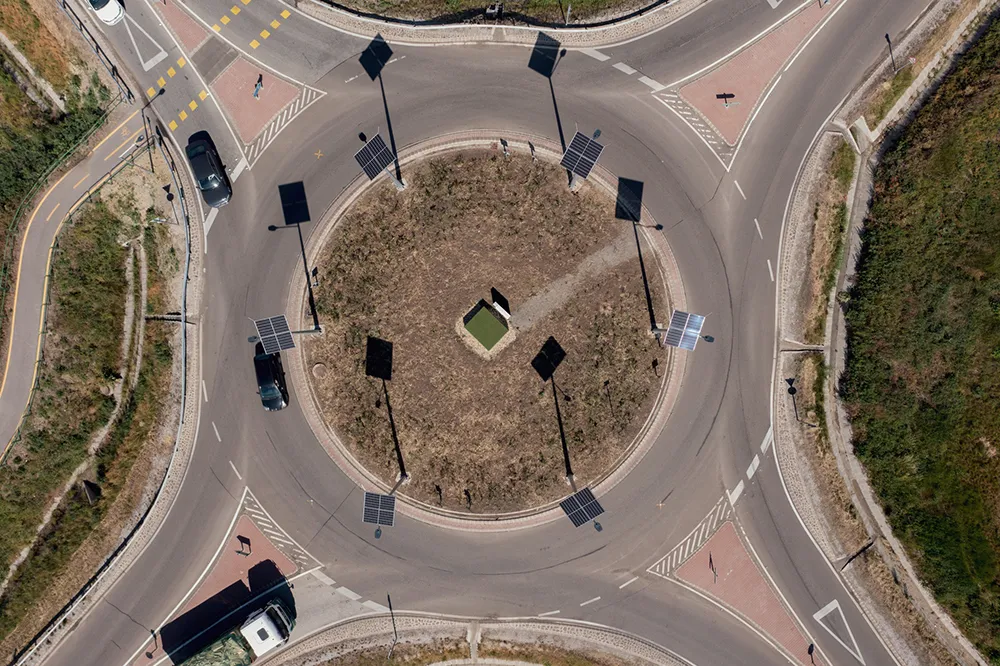Traficon has been awarded a contract to provide 70 VIP-IP video image processing boards for installation in the Dartford tunnel on London’s M25 orbital motorway. The technology will be installed in collaboration with Vital Technology Ltd, and will provide extensive automatic incident detection (AID) capabilities, including the detection of stopped vehicles and smoke detection. The Dartford - Thurrock river crossing is one of Europe's most heavily used crossings and complex traffic management systems. An ave
June 26, 2012
Read time: 2 mins
The Dartford - Thurrock river crossing is one of Europe's most heavily used crossings and complex traffic management systems. An average of 140,000 vehicles a week pass through the crossing, which comprises two dual-lane tunnels carrying traffic to the north and a four-lane cable-stayed bridge carrying traffic to the south.
“This award demonstrates Traficon’s strong market position in video based automatic incident detection systems and our client’s confidence in our solutions,” said Sukhdev Bhogal, business development director at Traficon. “By detecting incidents fast, secondary accidents can be avoided and traffic congestion reduced dramatically.”
The Traficon VIP-IP is a multi-functional video image processor for traffic control using network cameras. It integrates automatic incident detection, data collection, vehicle presence detection, digital recording of pre and post-incident video sequences and streaming video in one board for a variety of traffic management applications such as tunnels, highways and bridges. The board makes use of field-proven Traficon algorithms that were implemented in other boards like VIP-T video detection board for analogue cameras. The company claims this ensures high reliability and a low false alarm rate of this new IP version right from the start.
Data, events and alarms generated by the VIP-IP detector boards are handled by Traficon’s Flux management system. The main goal of Flux is to manage and control all traffic information generated by these various detectors and to make it useful, meaningful and relevant to the user.
Traficon has been awarded several AID tunnel projects in the UK over the past few years, with the Tyne, Hatfield and Medway Tunnels as the major examples. Last year, the company successfully commissioned 40 VIP-T AID detector boards in the northbound Blackwall tunnel, which is set to be a crucial traffic gateway towards the Olympic stadium in East London during the upcoming Summer Olympic Games.









